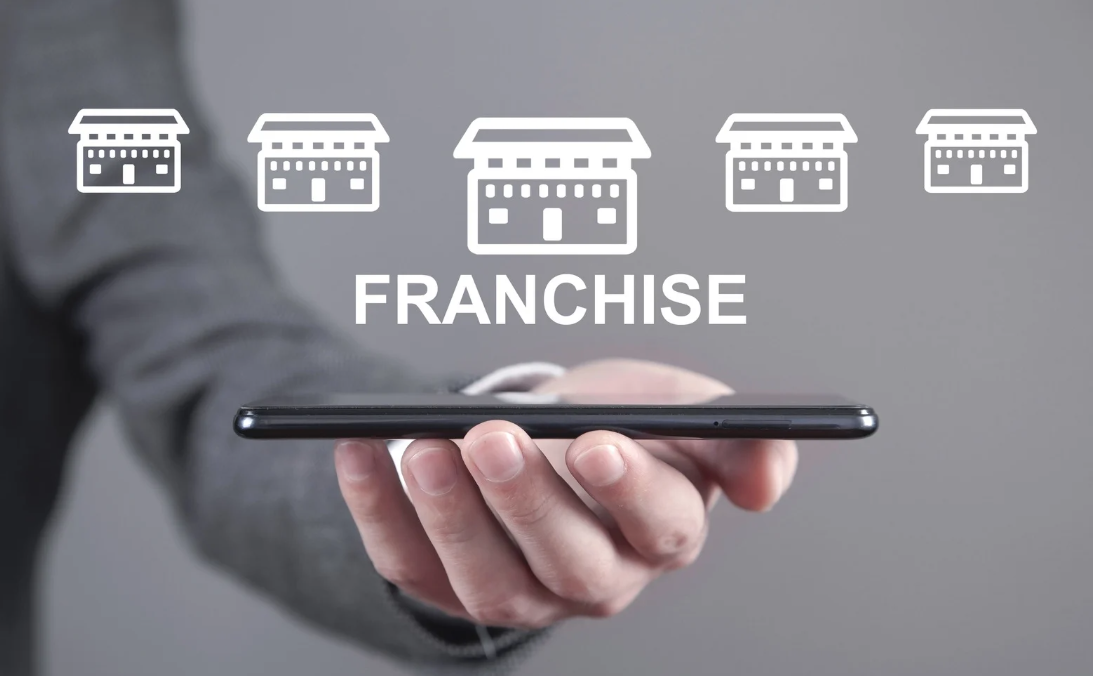A franchise is a business model that allows individuals or groups to operate a business using the branding, products, and operational methods of an established company. This model offers an opportunity for entrepreneurs to start a business with the support and recognition of a well-known brand, rather than building a business from scratch. Franchising has become a popular approach across many industries, including fast food, retail, hospitality, and service sectors, due to its potential for rapid expansion and reduced risk for franchisees.
Understanding the Franchise Model
At its core, a franchise involves a legal and commercial relationship between two parties: the franchisor and the franchisee. The franchisor is the original business owner who grants the rights to use its trademark, business methods, and systems to another party. The franchisee, in turn, agrees to operate under the franchisor’s brand and abide by certain operational rules and standards in exchange for fees or royalties.
The agreement between the franchisor and franchisee typically covers various aspects such as territory rights, duration of the franchise, training and support provided, and financial arrangements. This structure ensures that the franchisee maintains consistency with the franchisor’s brand, protecting the reputation and value of the overall franchise system.
How Franchising Works
When a franchisee purchases a franchise, they gain access to the franchisor’s proven business model. This includes the use of logos, trademarks, marketing materials, product recipes, and operational procedures. This established framework helps new business owners avoid many of the common pitfalls of startups by leveraging a brand that customers already trust and recognize.
Franchisees often receive extensive training and ongoing support from the franchisor. This support may include assistance with site selection, marketing campaigns, employee training, and operational guidance. The franchisor also often monitors the franchisee’s performance to ensure compliance with brand standards.
In exchange for these benefits, franchisees usually pay an initial franchise fee and ongoing royalties, which are often calculated as a percentage of sales. These fees contribute to the franchisor’s continued support and brand development.
Advantages of Franchising
Franchising offers several advantages to both franchisors and franchisees. For franchisors, it enables rapid expansion without the need to invest heavily in opening new locations themselves. It also provides a steady stream of income through franchise fees and royalties.
For franchisees, the primary benefit lies in starting a business with a tested system and established brand recognition. This can significantly reduce the risks associated with new business ventures. Additionally, franchisees benefit from ongoing training and support, helping them navigate operational challenges more effectively than independent entrepreneurs.
Challenges in Franchising
Despite its many benefits, franchising is not without challenges. Franchisees must adhere strictly to the franchisor’s rules and may have limited freedom to innovate or change business practices. This can sometimes lead to tensions if franchisees feel constrained or if the franchisor’s standards become difficult to maintain.
Financially, the initial franchise fee and ongoing royalties can be significant and impact profitability. Prospective franchisees must carefully evaluate the franchise disclosure documents and understand all financial obligations before committing.
Summary
A franchise is a business arrangement where an individual or group operates a business using the branding and system of an established company. This model provides entrepreneurs with the advantage of a proven business concept and brand recognition, reducing many of the risks involved in starting a new business. The franchisor benefits from expanding its brand and receiving fees, while franchisees gain support and training. However, both parties must navigate the challenges of maintaining standards, financial commitments, and operational constraints. Overall, franchising remains a popular and effective business model for growth and entrepreneurship.









